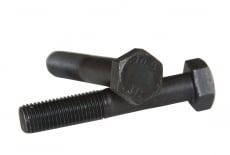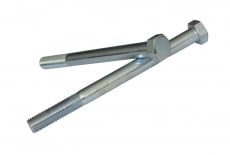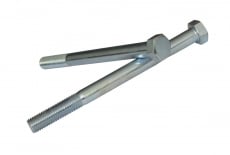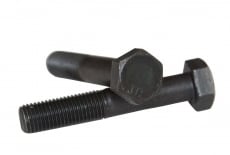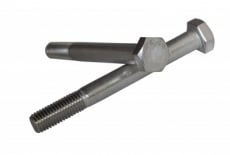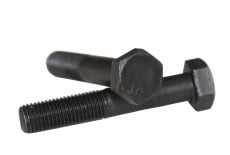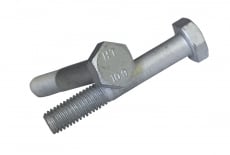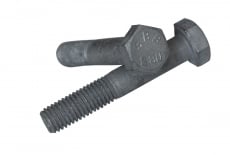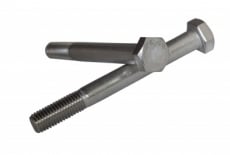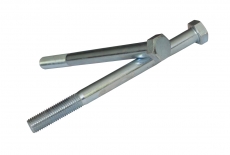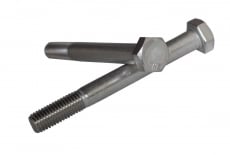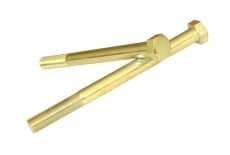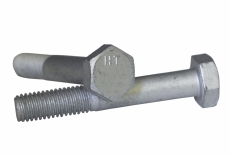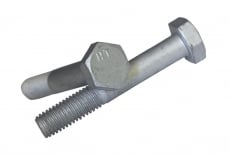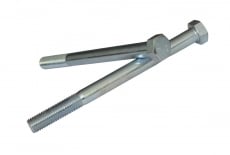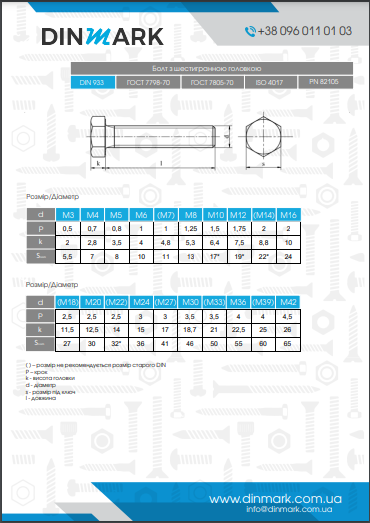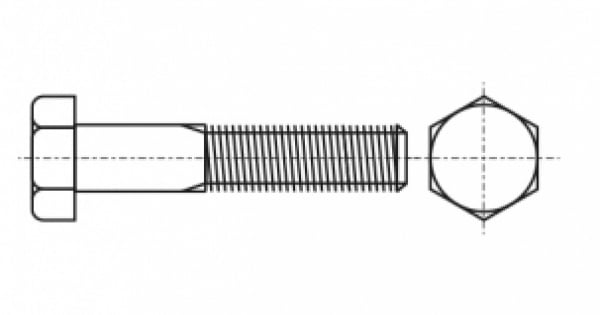
DIN 931 is one of the most commonly used fasteners. It consists of a partially threaded stud with a hexagonal head. Such bolts are used in all areas of modern production and are among the most popular hardware. The purpose of the bolt is to securely fix elements, parts and structures in cases where the connection is subject to constant vibrations.
Strength class DIN 931
The strength class of a Din 931 bolt is the maximum applied force at which the bolt begins to fracture. Din 931 bolts are manufactured in strength classes from 5.6 to 12.9. From strength class 8.8, the bolt is considered high-strength. High-strength Din 931 should be purchased only from trusted suppliers. It is made of alloy steel and such bolts are used for critical projects where, in addition to high loads and static loads, the din 931 bolt is subjected to constant vibration. Such bolts will be especially relevant in bridge construction, instrumentation, and in structures that are located near objects subject to vibration.
Fastening group DIN 931
Depending on the material of manufacture, the hexagonal head bolt is divided into different fastening groups:
- High-strength fasteners
- Stainless steel fasteners
Materials of DIN 931
DIN 931 is available in the following materials:
-
Steel, which can be additionally coated with hot-dip galvanized, ordinary galvanized, yellow galvanized and zinc plated
- Stainless steel (A2, A4) does not need to be coated
Where are DIN 931 bolts used?
The scope of application of this fastener is quite wide, as no instrumentation can do without them. Whether it is mechanical engineering or instrumentation. They are also indispensable for assembling parts of special equipment, mechanisms, as well as cars and agricultural machinery. In the construction of buildings, they are often used for frame structures, installation of engineering grids, fire extinguishing systems, and life support. In addition, the scope of application directly depends on the material of manufacture and coating of the product:
- Galvanized steel is a good protection against corrosion if the fasteners are to be used in aggressive environments.
- Stainless steel allows the fasteners to be used at significant temperature drops and in aggressive and humid environments.


